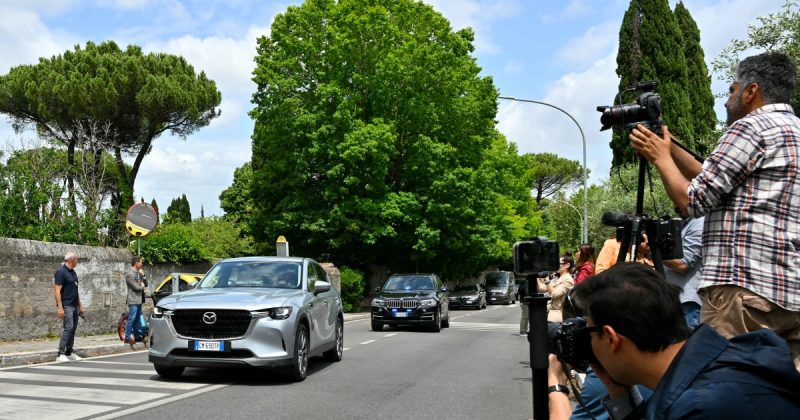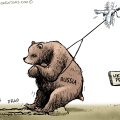
The fifth round of Iran nuclear talks concluded in Rome on Friday, leaving negotiators with a sense of cautious optimism but no definitive agreement. While both the United States and Iran maintained firm public stances leading up to the discussions, Iranian Foreign Minister Abbas Araghchi reported potential for progress following Oman’s presentation of several proposals. He described the talks as ‘professional’ and noted the path towards a resolution as a positive sign in itself. The proposals will now be reviewed by both capitals before scheduling the next round of negotiations.
Despite the positive assessment from the Iranian side, a senior US official offered a similarly measured response. While acknowledging ‘further progress,’ the official emphasized that considerable work remains. Both sides agreed to reconvene in the near future, with thanks extended to Oman for their continued facilitation. The talks, lasting over two hours, involved both direct and indirect discussions mediated by Omani officials.
The high stakes involved are undeniable. President Trump’s administration aims to limit Iran’s nuclear capabilities, while Iran seeks relief from crippling economic sanctions. Oman’s Foreign Minister, Badr Albusaidi, summarized the outcome on X, stating that the talks concluded ‘with some but not conclusive progress.’ This sentiment reflects the complex and delicate nature of the negotiations.
Significant hurdles still stand in the way of a comprehensive agreement. Iran’s refusal to export its entire stockpile of highly enriched uranium and its reluctance to discuss its ballistic missile program remain major sticking points. Diplomats suggest that a complete deal before summer is unlikely given the inherent complexities. However, an Iranian official indicated that a political agreement is achievable if the US drops its ‘zero enrichment’ demand.
US Secretary of State Marco Rubio stated Washington’s goal is to allow Iran a civil nuclear energy program without uranium enrichment, acknowledging the challenge ahead. Conversely, Iran’s Supreme Leader, Ayatollah Ali Khamenei, rejected demands to halt uranium refinement, deeming them excessive and unlikely to produce results. While Iran is willing to consider some enrichment limits, it demands strong assurances that the US will uphold any future agreement.
The 2015 nuclear pact, abandoned by Trump’s administration in 2018, looms large over these negotiations. Since his return to office, Trump has reinstated a ‘maximum pressure’ campaign, re-imposing sanctions that severely impact the Iranian economy. Iran’s response has been a significant escalation in uranium enrichment, exceeding the limits set by the 2015 agreement.
Adding another layer of complexity, Israeli officials, viewing Iran’s nuclear program as an existential threat, were also reportedly in Rome for discussions with US negotiators. This underscores the critical geopolitical implications of these talks and the potential consequences of failure. The possibility of an Israeli military strike on Iranian nuclear facilities further heightens tensions, with Iranian officials placing legal responsibility on the US should such an attack occur.
Former US undersecretary of state Wendy Sherman highlighted the difficulty of securing a deal where Iran completely dismantles its enrichment program. She believes that a complete cessation of enrichment is unlikely. The potential for failure is significant, carrying potentially devastating regional consequences.










